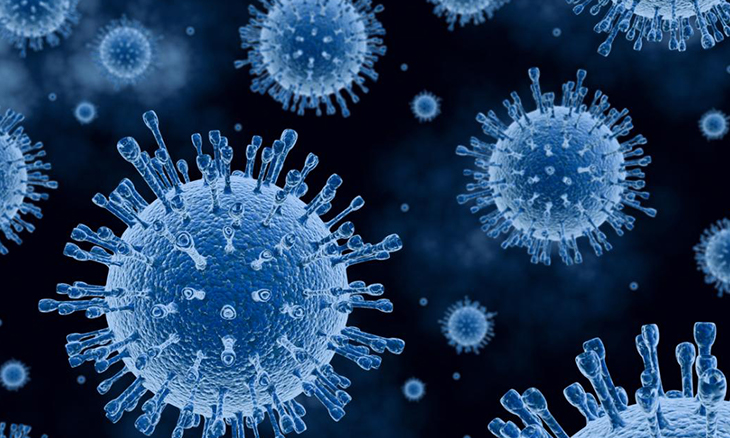Chancellor Rishi Sunak announced recently a £500 million boost for self-employed workers hit by coronavirus, but stopped short of meeting demands to extend statutory sick pay to all. So, how will this affect barbers and shop owners?
According to reports, the budget would make sick pay available for all those advised to self isolate during the outbreak, even if they do not have symptoms. Unfortunately though, this will not extend to zero hours workers or those who are self employed.
Instead, self employed workers will be given help through a £500m boost to the benefits system, including a temporary halt to the minimum floor in universal credit and quicker payments for employment and support allowance (ESA) claimants.
Local authorities will also be given a £500m hardship fund, also scrapping the need for claimants to attend job centre appointments in person and small businesses will be given government help to meet the cost of statutory sick pay.
We asked some of our columnists for their thoughts on the coronavirus and some advice on how to keep your staff safe and protect your business.
Dan Davies: “The main thing is that both staff and barbers are safe. If you are feeling under the weather, spot a colleague is not right or indeed if a customer is showing systems it’s best to act on the side of caution. Hygiene is always of paramount importance, even more now wash your hands after every client and ensure they are dry. Fresh alcohol wipes and Salonside for all equipment.”
“Salonside is my favourite disinfectant. It comes in refillable sprays and is water based so it acts 10x quicker than oil based brands. I always wipe the chair, combs and brushes after every client with this. It gives people a sense of protection and needs to be taken into consideration in these uncertain times. The main thing everyone needs to do is take the advice of professionals seriously. There are a lot of really crazy things on social media about the virus. Keep calm and follow the professional advice given by the government.”
Luke Dolan: “COVID-19 has now been updated to a pandemic virus and it’s a very real threat to everything, but it’s not the illness that is the threat, it’s the hysteria and breakdown in the system because of it that will bring the real chaos. Yes, be vigilant, stay clean and sanitised, clean your hands before and after cuts, maintain the highest level of bacterial cleanliness you can.
“That said, what we have no control over is hospitals being over run, people won’t come out of their homes, business’ will plummet and appointments will fall off the radar. We may have areas of the country that will be told to stay home and be on lock down, so be prepared. Plan for the worst case scenario.
“Events are being cancelled in October. That’s no joke and means that a six months stretch of bad business could be coming our way. Speak to your landlords, clarify with your utility companies of allowances and if any can be given. Making calls and emails now will keep anxiety levels at a minimum when the virus actually goes widespread and if you get the virus you’ll be quarantined for two weeks minimum, and the last thing you want to think about are bills.”
“Make plans now. The virus is a real threat, but the chaos that it might bring is the unknown entity. As a boss, your responsibility lies with keeping your workforce safe and your client base, and making sure you’re ready for anything.”
Vikki Harrison-Smith: “We are encouraging those who feel unwell to stay at home and cancel appointments. We have put more hand sanitisers dotted around the academy for clients, students and staff. Gloves are readily available for those wanting to use them for work.
“Friendly reminders are up in the toilets to wash hands and there is a hand washing guide up too. Disposable paper towels to dry hands or the air dryer. As always, reinforcing sanitisation on all stations and equipment.”
We’ll continue to provide updates as and when we have them, but make sure you pay attention to local guidelines and safety procedures.


